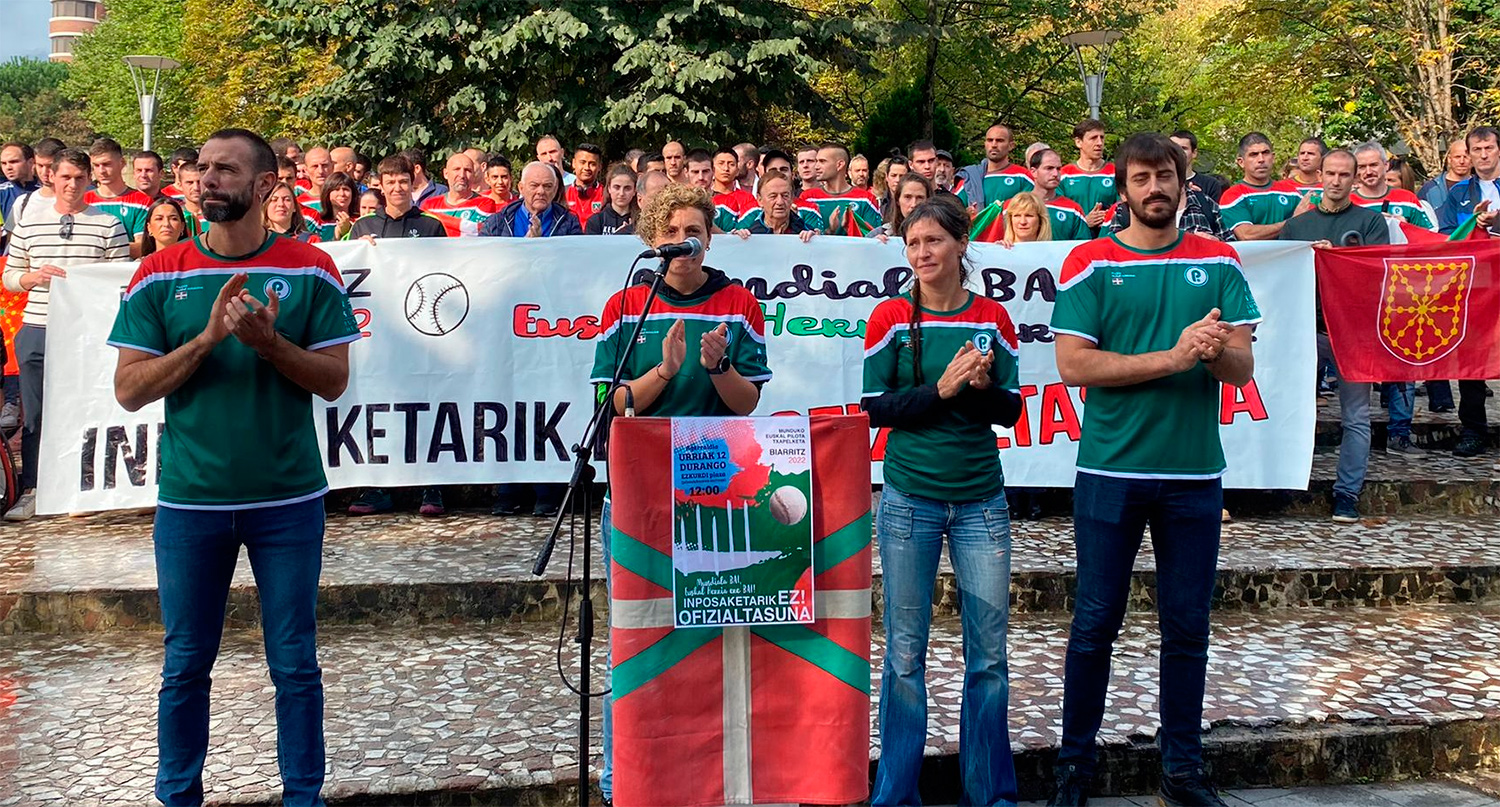"From Moscow I came with the tracksuit and the shoes, to Ibarra"
- These are small girls who practice rhythmic gymnastics. Many of them are on an excellent level. There are many in our villages, made up of clubs. One of them is Ipurua, at the Eibar, who won the Cup. In the team of coaches, Russian Tatiana Nagornaya, a veteran and well-trained with a great professional talent.
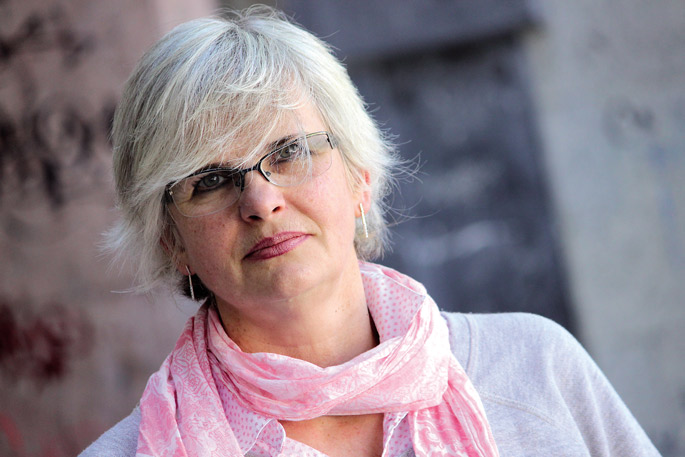
Rhythmic gymnastics coach on Eibar's Ipurua team. A pretty invisible sport, rhythmic gymnastics, despite the wonderful aesthetics with the girls...
This is not Russia! Rhythmic gymnastics is published there. Nor do politicians reject the factory. The media, for its part, have nothing to say. Advertising is big and all girls practice gymnastics. In fact, it's not just rhythmic gymnastics. After the age of gymnastics, the activity you have done since before opens you more than five doors: you can dance, play music… Rhythmic gymnastics gives a great coordination to the little one, a great discipline for the whole life. I think that's important, not just for yourself, but for the country. It also takes more than football. Basketball fans also complain that there is only football and, of course, most kids do it.
This is not Russia, but you often claim the benefits of rhythmic gymnastics.
Little girls begin to dance, to express themselves, to learn many things. In addition to what they learn in school, physical education and the rest of the school, they start to connect with the group, compete, leave the small town or the big city… That brings a lot to the country, because then those girls will have other demands throughout their lives. Parents are not the only teachers, life proves it, and in that rhythmic gymnastics is a good path.
In the Basque Country there are excellent rhythmic gymnastics equipment in Vitoria-Gasteiz and Leioa, Donostia-San Sebastián, Amurrio, Tolosa and Pamplona. And in Eibar, of course! But I think his beautiful work goes unnoticed. Isn't it disappointing?
It may be. The work of the clubs in the Basque Country is enormous, very large. The results are not disastrous. They move forward step by step. I think it is important to show your work, while not to show it is regrettable. I think we all have to try to spread our work. But to start with, the coaches, we came from any championship, and we started preparing the next one. Then there will be another. I think we would need some person to spread rhythmic gymnastics in the media. I mean, communication. What is the beginning of the season, the intermediate demonstrations and the ups and downs, the competitions, the end of the season… The coach can’t do that. And it's not just about spreading the news to friends. They have once told us: “We’ve seen you in the newspaper. He talked about the good work of the championship!” I asked him: “Well, what championship did you talk about?” From February to summer, we do not stop!
People often talk about the toughness of sports, cycling and everything else. Rhythmic gymnastics is also said that: it is a hard sport, they train up to fourteen hours a week…
Or more! There's the work of athletes and coaches. Our job is to do different physical exercises in training, combine the game, be talented. That is, you cannot squeeze and squeeze the athlete, you have to give him encouragement, discover his interest and act accordingly. You don't start doing tests at school from the first year. Little girls come to gymnastics with a lot of excitement, because they've seen gymnasts on TV, or because they have them next to them. So at first, you have to open the doors for the girl to see her, to have excitement, to play and enjoy. And always try to get one step forward every now and then. To do this, you have to get to know each other's splinter, because some are one way and others are the other. What goes on for one does not always go on for the other. And build the team and take it every year further. We'll never have those wonderful girls on TV, that's a luxury. We are not the Moscow team! But if one comes good and gets into the team with another or others, stays, takes care of in the workouts – in one technique, in the other resistance, today the game, tomorrow the appliance – it is easy to assimilate that hard work, get used to it, and, in the end, to form a family and go to the competition and show the work done without great incidents. It's not that hard. Girls enjoy.
What's the goal of the coach?
Move the group to where you can. It may not reach the international level, it may not reach the state level, but why is it not going to make good friends at its level, in the school championship or in the same town, among the team gymnasts? In addition, here you have quite an advantage, as you have different levels: senior, youth, amateur, cadet, children, benjamin… Many categories. And there are gymnasts who are not able to do anything in the lower categories, but who suddenly flourish! As
we have already said, there are several hours of training of these gymnasts. On the contrary, their performance lasts a minute and a half after they compete.
The gymnast also has to learn that.
However, despite having repeated several times the same exercise, the apparatus could fall at the time of the competition. To the devil with the good work of the gymnast!
No, no. The gymnast also has to learn that. Coordination is hard, and harder when you take your non-bodily device, whether it's the hoop, the tape, the ball, the rope or the decks. But the gymnast has to prepare herself and first as a person: physically and psychologically. And from competition to competition, you have to take the gymnast to a certain peak: it's not the same pre-season as the final. The fall of the apparatus is not surprising, and it is not rare, although it is very evident to the viewer. But all falls in equipment have the same origin, not because of the difficulty that this movement has to face, but because of the previous one! You have to go out focused to compete, with a little bit of cold, controlling the situation: you have to feel how you move from one movement to another, from one difficulty to another. You have to act like a robot, at least in part. I mean, it's enough to miss a piece so that the robot doesn't work properly. The gymnast also has an obligation to make connections between movements. It is not a question of focusing only on the most difficult movements, which often leads to failure in the simplest movements.
Does the public's fuss help or hinder the practice of the young athlete?
The public is always there, but also the level of stress of oneself, or competing at home, or not having medals at stake, or playing… There are many elements, and for that it takes so much work, so you have to train your body so much, from the very beginning. You need to know the movements of your body's last muscle to take advantage of its work. Rhythmic gymnastics is spectacular, small girls do a spectacular job, but to do this you have to have a total awareness of the body, from the feet to the butterflies. Even when they do heating exercises, they have to heat it from the feet to the temples. So when they have to compete, they heat up for an hour and a half. They should activate all the muscles.
What is rhythmic gymnastics? It is sport, but it has ballet, a lot of aesthetics, also dance, no little music interpretation…
All at once. That’s why we coaches have to know everything: biomechanics, physiology, anatomy, psychology… But of course, that means you have to train more, you have to choose the little girls who can do that job… Having a lot of girls in the club helps you survive the club. On the other hand, you should have selected gymnasts to go further. But everybody must be happy, one and the other, everyone.
In Vitoria-Gasteiz I have been able to see that in some clubs there are coaches who go to gymnastics to scream. Let small girls rejoice about it!
I don't know. I know why I screamed from time to time.
I'm not talking from time to time, but from day to day.
Why does a person scream? When do you scream? When it's overwhelmed, when it can't do anything else. So the scream comes. It's like a lamb robe. The question I had asked myself was: “Why have I screamed at him?” “Because the girl is not well.” “And why isn’t the girl well?” I lean back, asking, looking for answers: “Why? Why? Why?” That's how I exercise myself, and that's how I realize that the girl has failed in a week of training. For example. And yet, I'm asking like all the other gymnasts for everyone who has failed in a week. And I see myself screaming, because I have 20 minutes left to finish the training, because I'm going to turn off the sports club lights, because I haven't complied with that day's plan yet, because the next day I have the competition and the girl is nervous, so there's nothing but a cry! And how do you recover lost time? We must insist, because the cry does nothing but block the gymnast!
You are Russian, you work in Eibar.
Not very much. I'm 54 years old and I don't have much time to train gymnastics. In any case, work has always been my way. I started practicing rhythmic gymnastics at age 6, and by age 10, I knew I was going to be a coach. I knew it. And I've always tried to gather information about the people around me, to get to know it -- whether it's a top-notch gymnast, whether it's a low-notch gymnast -- to help you get where you can. But those gymnasts don't go alone, I go with them, and I love to make that path.
Wine in 1993.
21 February. Three months! It is said! I came to relieve another, the Club Ipurua. I was working in Moscow, in the Dinamo in Moscow, and although I was only touched by the tracksuit and the shoes, no documents or papers, I was coming to visit me. The president then told me: “You’ve come in the Carnivals – I didn’t know what the Carnival was, because it’s not celebrated in Moscow – and you have the competition within ten days.” And I didn't even know Spanish! I don't know how we got it. Moreover, I had already worked in Moscow; I had my working method, I had no ten-day programme. I started slowly. The people here! And make meals here, dinners, weddings, communions, holidays and Saturdays and Sundays holidays… To say “The child will go tomorrow” yes, but not the child, and so complete the team? Where was the discipline, rhythmic gymnastics and the ability to compete? We couldn't see ourselves more red! But we have made the way. So far we have arrived!
What future awaits the gymnast after leaving the sport, in 18-20 years?
The mothers of gymnasts tell me: “Thank you, Tania, we have wonderful girls. They know what they want and what they have to do to achieve it. In life they behave like in gymnastics: they are disciplined, live well organized, have formed families…”. His way in gymnastics also serves him to live. Anyway, it's the same path. On the other hand, when I'm told that the girls I've trained grow up, they get married, they're kids and they're going to bring them to gymnastics, I'm happy, I'm very happy. Bring your children to rhythmic gymnastics, knowing that it is a sacrifice, that it is hard… For I don’t have words, but joy.
“Badakit Eibarren ez dudala topatuko Kavaevarik [Tashkent, Uzbekistan, 1983, inoizko gimnastarik onenetakoa]. Hala ere, hemengo gimnastak ere badu bere helburua, eta nire lana da urratsez urrats, pausoz pauso, hari helburu horretara hurreratzen laguntzea. Gure gimnastek ere goienean dauden kirolarien mailara iritsi nahi dute, jakina. Horretarako, ordea, lan egiten ikasi behar da, jendea errespetatzen ikasi, gimnasia ezagutu… Koska guztiak igaro behar dituzu helburua lortzeko”.
Tatiana, Tania, Nagornaya (Mosku, 1961). Txikitandik murgildu zen gimnasia erritmikoan, eta 10 urte zitueneko bazekien entrenatzaile izan nahi zuela. Horretarako ikasketak egin zituen Moskuko Unibertsitatean, eta Moskuko Dinamo gimnasia taldeko entrenatzaile izan zen. Ingalaterrako selekzioan ere jardun zuen lanean. 1993an heldu zen Eibarra, Ipurua taldera entrenatzera, eta bertan da harrezkero. 2001ean Espainiako selekzioan lan egiteko deitu zuten eta bertan izan zen 2004 arte. Eibarko Ipurua taldearen emaitza onen arduradunetako bat da, dudetako matazarik gabe.
“Eibar ez da handia, ez da Mosku, eta zaila da hemen lehenengo mailako izarrik izatea, eta, aukeran, taldeka lehiatzen gara, eta ez gara gaizki ari: 2001ean Espainiako Txapelketa irabazi genuen, eta 2007an ere bai. Etorri nintzen urtean, azkenak izan ginen. Orain, aldiz, maila onean lehiatzeko gai gara”.
“Behin maila goreneko entrenatzaile batek esan zidanez, gimnasta bakoitzak bere izarra du, eta izar horretara iristeko bere bidea gimnasta bakoitzak. Entrenatzailearen lana da gimnasta hori –pertsona hori– bere izarraren bidean jartzea, halako moldez non izarra ikusten duen egunean gimnasta horrek jakingo baitu zer egin izarra eskuratzeko”.
Iñigo Cabacas Herri Harmaila taldea eta Athleticen arteko harremana nahaspilatuta dago azkenaldian. Iñigo Cabacas Herri Harmailako Iñigorekin hitz egiteko aukera izan dugu astelehenean.
The achievement of the Euskadi Selection has undoubtedly been a historic achievement. But if you stick to that, for many Basques – I too, because I am Navarro – it will be the darkest and saddest day. After enjoying the joy and warmth of the first few days, let's go back to... [+]
After so many years of struggle for it, 34 years, precisely, we are very pleased with the decision taken a few days ago, on 28 December, Innocent Day, in Pamplona, at the assembly organized by the International Federation of Basque Ball. Well, from now on we will have the... [+]









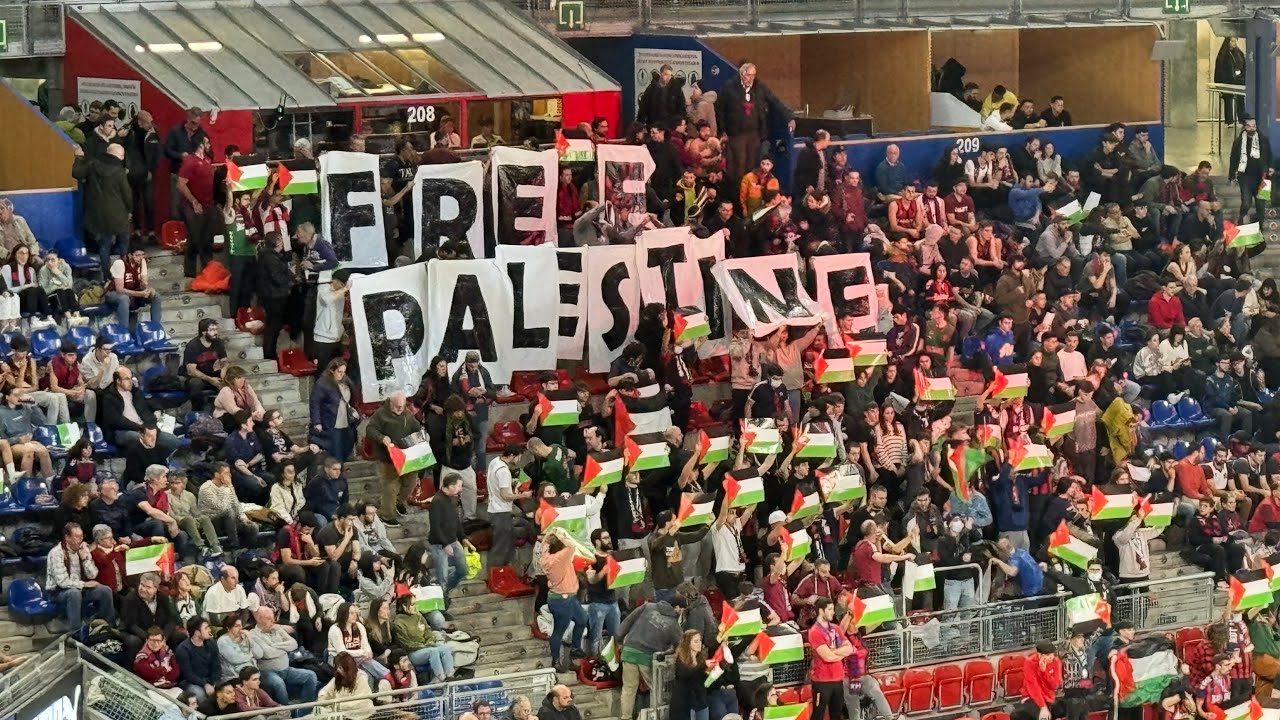
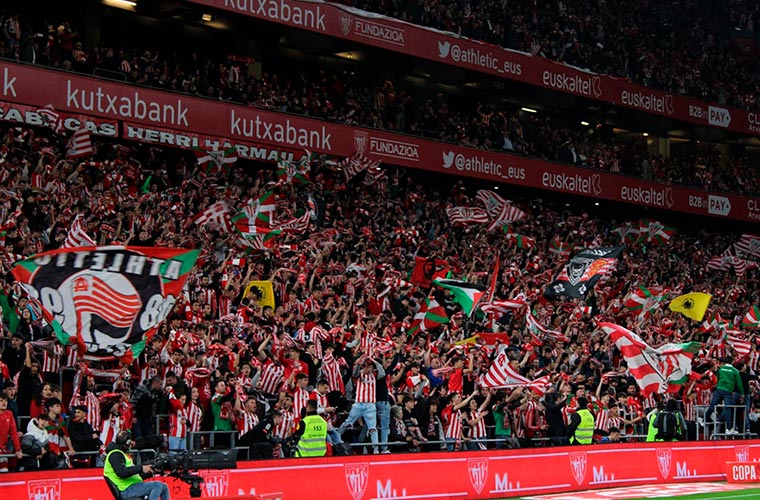

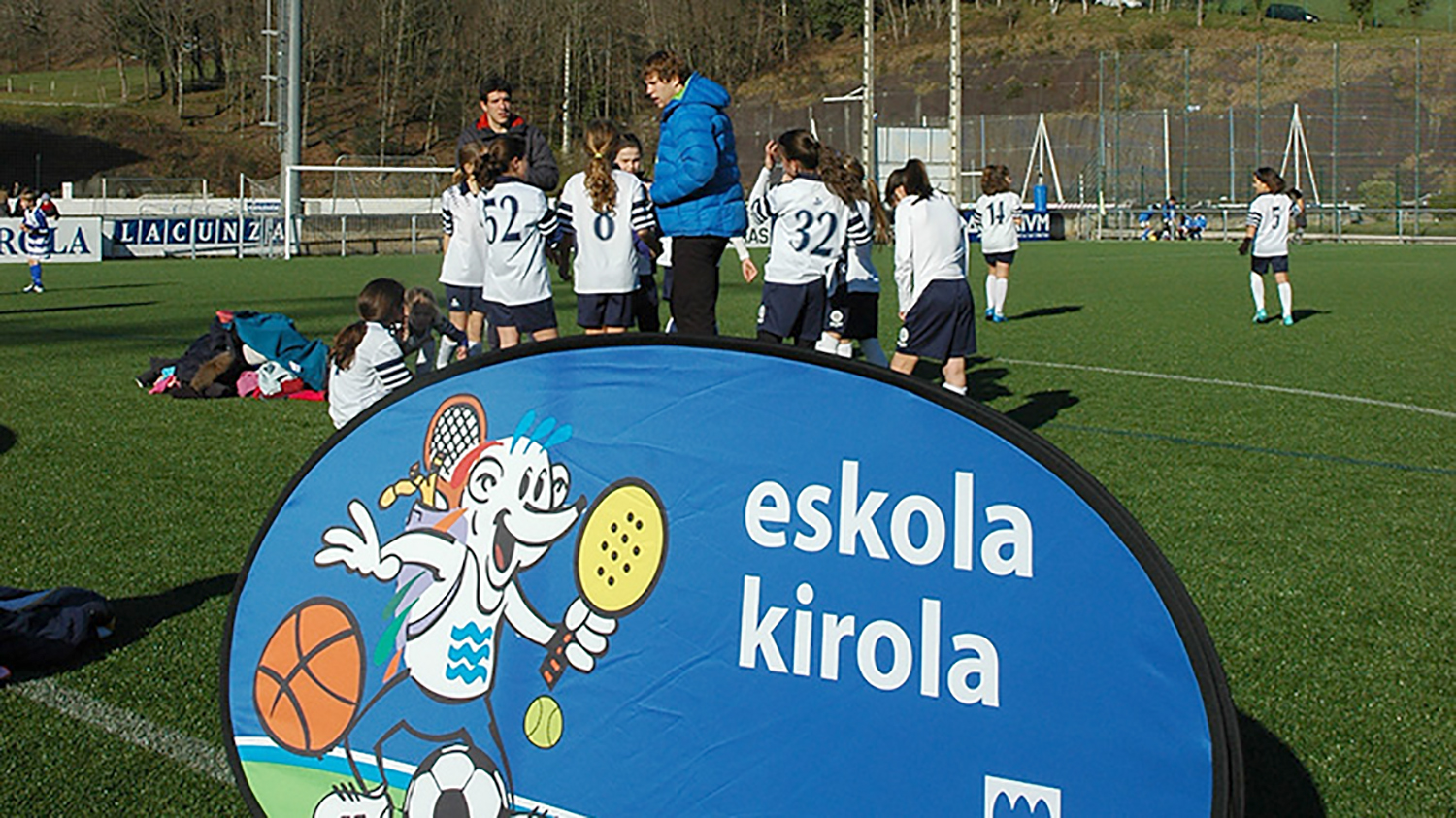
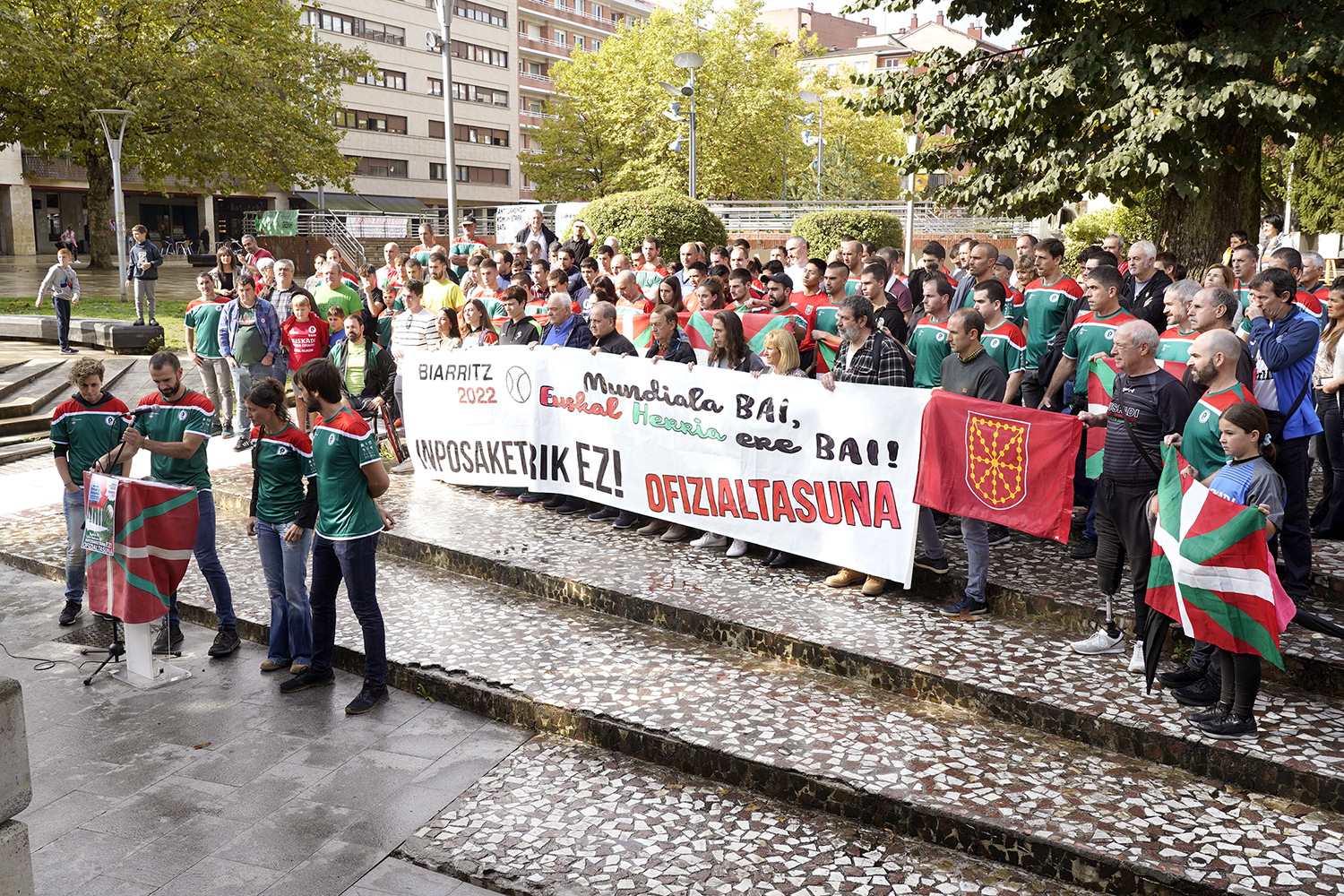
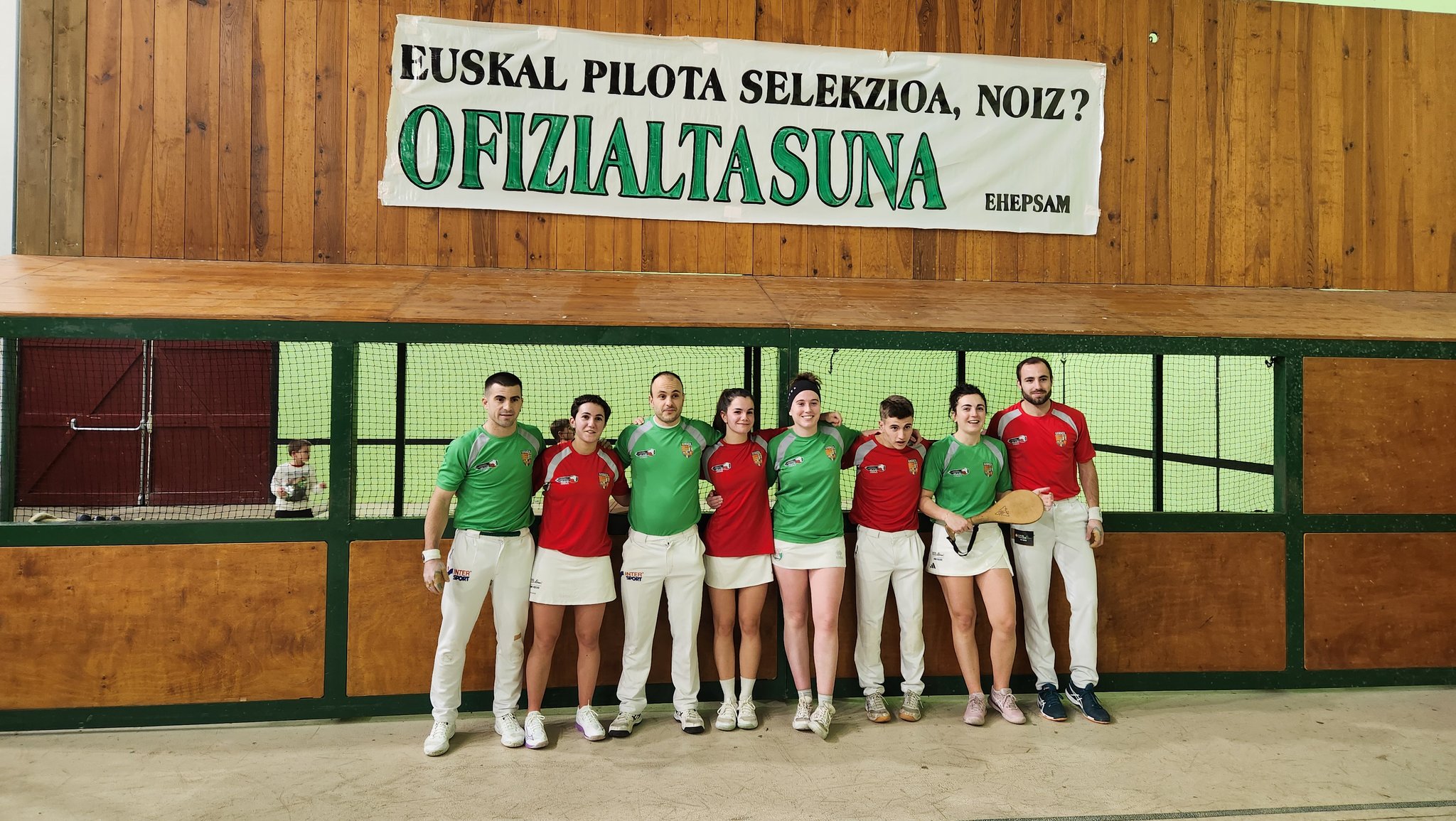


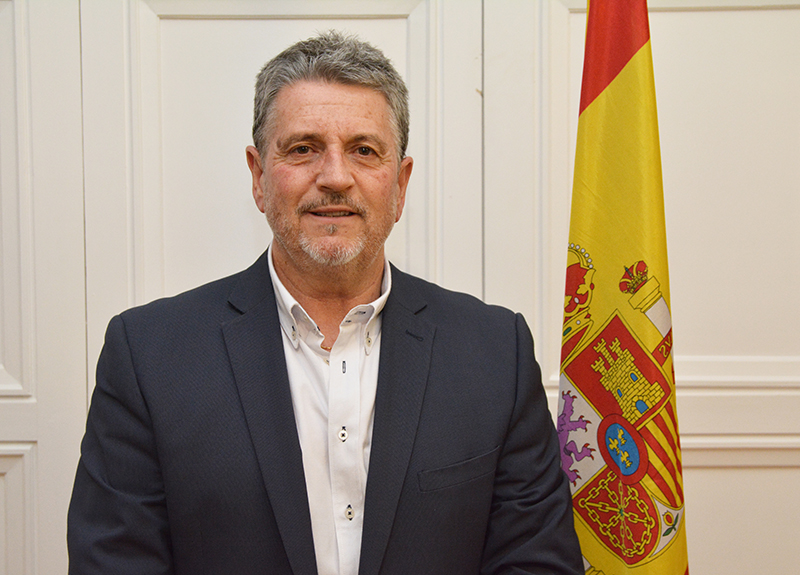

.jpg)

